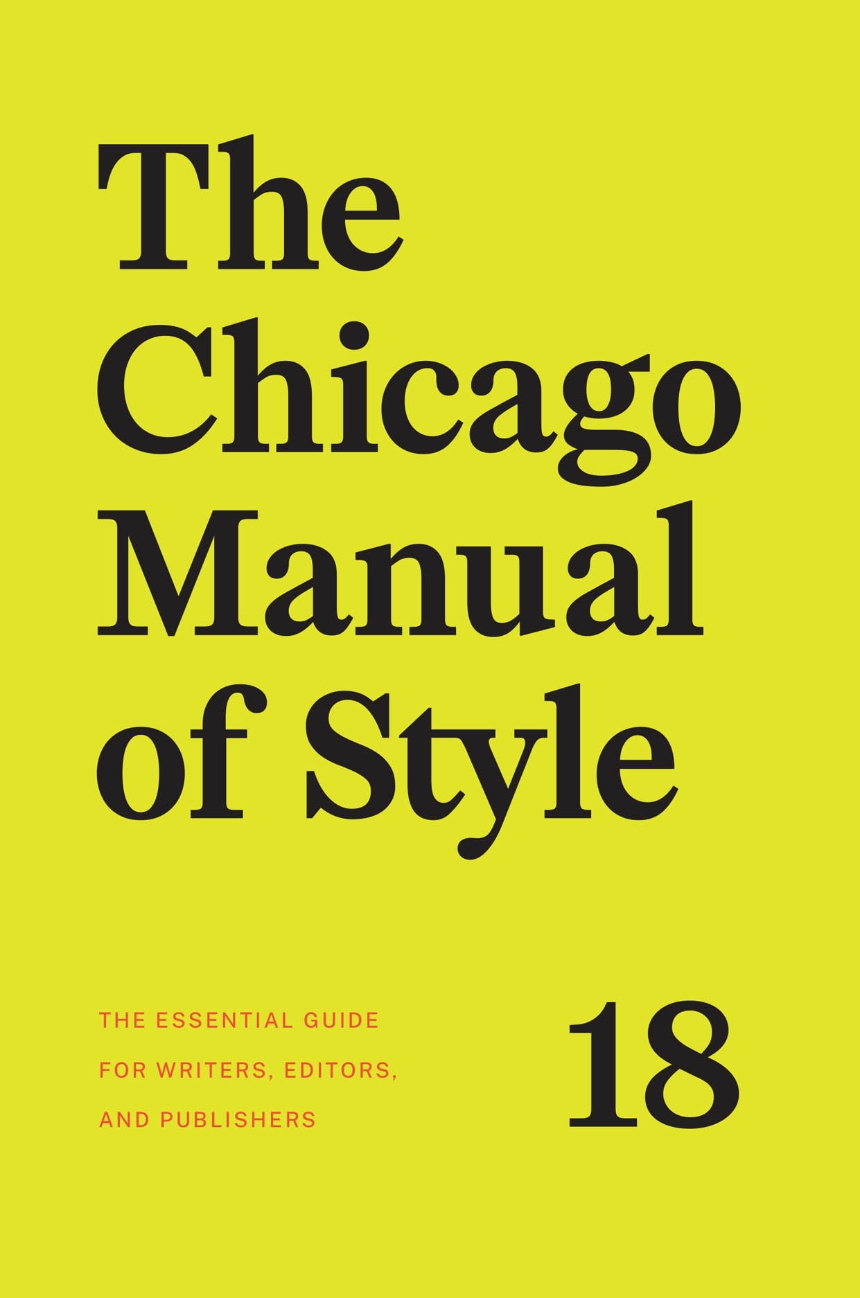CMOS 18 Updates: Key Changes in Style and Inclusivity
Key changes from the Chicago Manual of Style 18th Edition (CMOS 18).

With the release of the Chicago Manual of Style 18th Edition (CMOS 18), writers, editors, and publishers will find key changes that reflect modern language practices, promote inclusivity, and simplify some previous complexities. Here are some changes that caught my attention, from title case to hashtag styling.
For a detailed overview of changes, check out the official What’s New in CMOS 18.
Goodbye, Headline Style; Hello, Title Case!
One of the more noticeable changes in CMOS 18 is the shift in terminology from “headline style” to “title case,” aligning with what other major style guides use (8.160–8.161).
In addition, Shakespeare fans rejoice! With this update, we can now confidently write Much Ado About Nothing with “about” capitalized. The new rule states that prepositions with five or more letters should now be capitalized in titles. This change simplifies title styling rules and provides a more balanced visual consistency.
Embracing Inclusivity: Pronouns, Language Bias, and Identity Groups
CMOS 18 has significantly expanded its guidance on inclusive language and minimizing bias, now housed in the chapter on grammar and usage by Bryan Garner. Previously called “Bias-Free Language,” this section now covers a broader range of topics, with new sections on ableism, person-first versus identity-first language, and evolving conscious language standards. These additions reflect an increased focus on thoughtful, conscious choices in writing and editing, helping writers maintain both credibility and sensitivity.
Most notably, CMOS 18 supports the use of the singular “they” when referring to a person whose gender is unknown or who identifies as nonbinary (5.266). This change reflects natural language use and moves away from clunky and often insensitive alternatives like “he/she” or “s/he.”
In 8.39, the updated guide also provides a more comprehensive list of ethnic and national group names, emphasizing the capitalization of terms like “Indigenous” and “Black,” while offering updated terminology for groups like “Aboriginal Australians” and “Romani.” This emphasis on proper terminology and capitalization recognizes the importance of cultural identity and respectful representation in writing.
Copyrighting and Citing AI-Generated Content
CMOS 18’s update also addresses protections of original expression and the use of AI-generated content by offering clarity on copyright limitations: “If an AI creates expression in response to human prompts, that is not enough to support a copyright. The human in charge must contribute something that by itself will support a copyright, and the copyright will be limited to what that human author contributes” (4.5). This distinction underscores the importance of human creativity in copyright law, even as AI continues to shape content creation.
Furthermore, it offers guidance on citing AI-generated text. Authors must specify how the content was used, in either the text or a note, and provide details such as the date the content was generated and the version of the chatbot used (14.112). While typically not included in bibliographies, these sources can be listed under the developer’s name if necessary, reflecting the guide’s emphasis on transparency in the evolving world of AI use.
Hashtags: Capitalizing for Clarity and Accessibility
CMOS 18 provides guidance on how to style the staple of social media—the hashtag—by capitalizing the first letter of each word to enhance readability (7.86).
Examples:
#StetWalk
#BookLovers
#FoodieFriday
#GreyhoundsOfInstagram
This change is more than just a stylistic preference; it also improves accessibility for those using screen readers and makes hashtags easier to parse at a glance.
Conclusion
CMOS 18 is a welcome update that acknowledges the evolving nature of language, especially in our increasingly digital and inclusive society. From the practical changes in title capitalization to the new sections on bias-free language, these updates help ensure that our writing is both current and considerate. Embracing these guidelines is a step toward clearer, more inclusive communication.
Contact the team at Flatpage by clicking below. Book a free editorial consultation and get 10% off your first service!